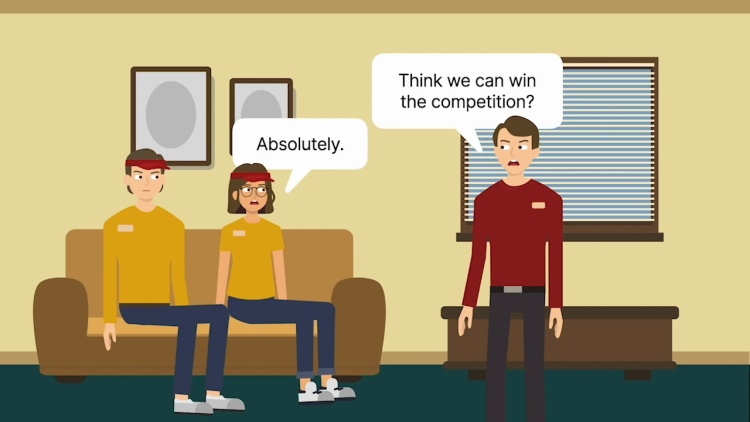O'Connor v. McDonald’s Restaurants of California, Inc.
California Court of Appeal
269 Cal. Rptr. 101 (1990)
- Written by Jamie Milne, JD
Facts
Evans (defendant) worked for McDonald’s Restaurants of California, Inc. (McDonald’s) (defendant). From 8:00 p.m. until approximately midnight, Evans and other employees engaged in a special cleaning project to prepare the restaurant for a competition. They cleaned without pay at the request of McDonald’s. Evans, an aspiring manager, knew such voluntary efforts were key to advancement. After finishing, Evans and the others relocated to the home of one employee, Duffer, to socialize and talk business. Most of their discussion focused on employee-manager relations and the remaining tasks for the competition. Around 6:30 a.m., Evans left to drive home. On the way, Evans collided with motorcyclist Martin O’Connor (plaintiff), who was seriously injured. O’Connor sued Evans and McDonald’s for negligence, arguing that McDonald’s was liable on a respondeat superior theory because Evans was acting within the scope of employment. McDonald’s agreed that the cleaning project constituted a special errand for McDonald’s. However, McDonald’s argued that the stop at Duffer’s house constituted a complete departure from the special errand, negating the liability of McDonald’s. The superior court granted summary judgment in McDonald’s favor. O’Connor appealed.
Rule of Law
Issue
Holding and Reasoning (Kremer, C.J.)
What to do next…
Here's why 907,000 law students have relied on our case briefs:
- Written by law professors and practitioners, not other law students. 47,100 briefs, keyed to 996 casebooks. Top-notch customer support.
- The right amount of information, includes the facts, issues, rule of law, holding and reasoning, and any concurrences and dissents.
- Access in your classes, works on your mobile and tablet. Massive library of related video lessons and high quality multiple-choice questions.
- Easy to use, uniform format for every case brief. Written in plain English, not in legalese. Our briefs summarize and simplify; they don’t just repeat the court’s language.







